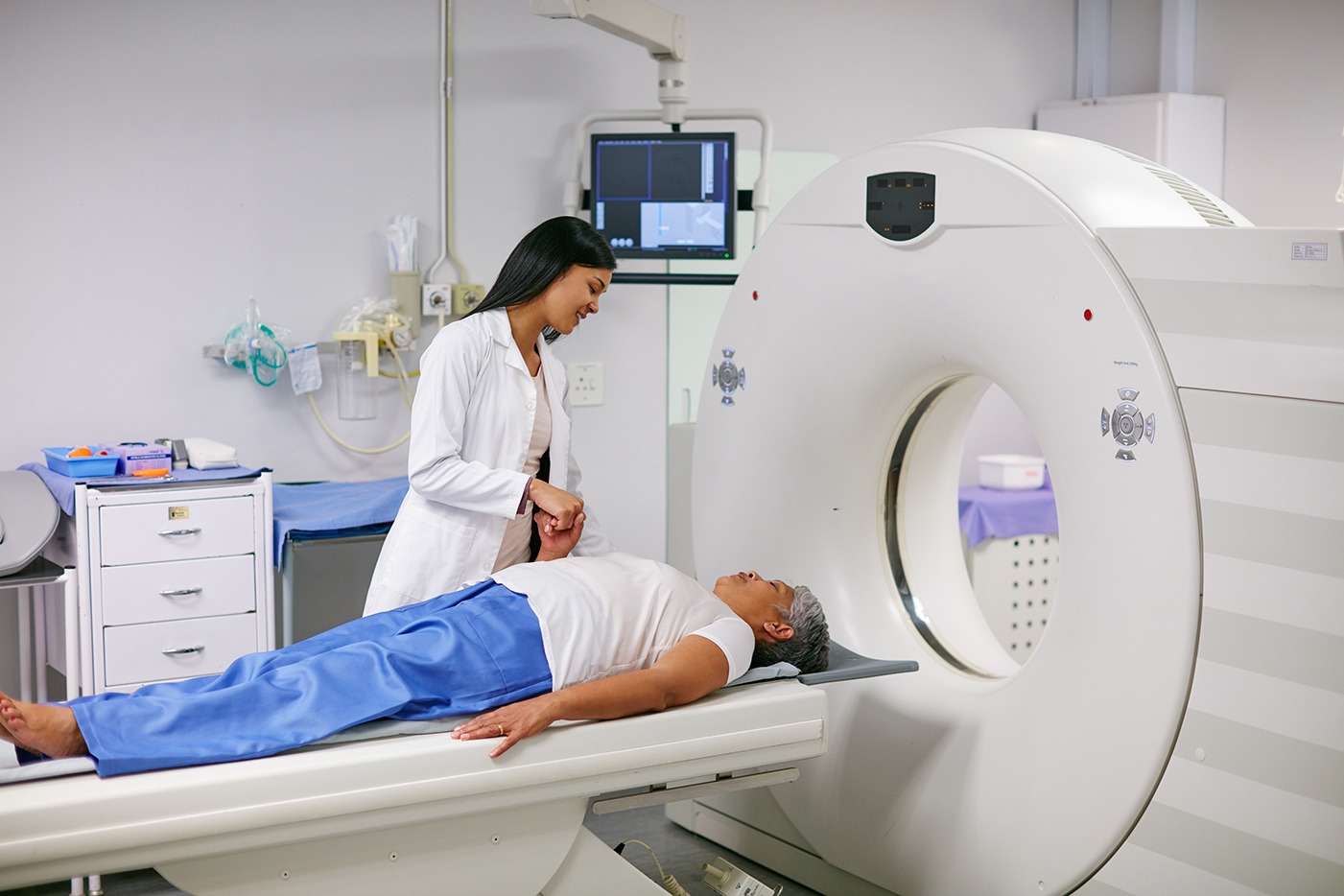Why Do You Need an Elbow MRI?
An elbow MRI is essential for diagnosing a variety of conditions affecting the elbow joint, particularly those related to soft tissues, ligaments, and tendons. Here are some common reasons why a doctor might recommend an elbow MRI:
1] Sports Injuries - The elbow is highly vulnerable to stress, particularly for athletes involved in activities that require repetitive motion, such as tennis, baseball, or weightlifting. Sports injuries such as tendonitis, ligament tears, or muscle strains are commonly diagnosed using MRI. Conditions like tennis elbow (lateral epicondylitis) and golfer’s elbow (medial epicondylitis) often require an MRI for confirmation.
2] Fractures and Stress Injuries - While X-rays are useful for detecting fractures, MRI elbow scans can identify stress fractures, bone marrow inflammation, and subtle fractures in the elbow that may not be visible on traditional X-rays. This is particularly useful for conditions like olecranon fractures or radial head fractures.
3] Soft Tissue Injuries - Soft tissue injuries, including damage to the ligaments, tendons, and cartilage, can be accurately assessed with an elbow MRI. Conditions like torn ligaments, dislocated bones, or meniscus tears are visible on MRI scans, helping doctors understand the severity and scope of the injury.
4] Arthritis - MRI scans are also useful in diagnosing various forms of arthritis, such as osteoarthritis or rheumatoid arthritis, which can cause inflammation, joint damage, and cartilage wear. MRI can help visualize cartilage damage and joint degeneration, enabling better treatment decisions.
5] Cysts or Tumors - An MRI elbow scan can also help detect cysts, benign growths, or even tumors that might be causing pain or swelling in the elbow area. Ganglion cysts, which are fluid-filled sacs, can often be seen on MRI scans.
6] Chronic Pain and Limited Mobility - For individuals experiencing persistent pain or limited range of motion in the elbow, an MRI scan can provide valuable information to uncover the underlying cause, whether it’s related to muscle strain, tendon inflammation, or joint issues.
Elbow MRI Cost Pune
The cost of an Elbow MRI in Pune starts from Rs. 2500/-. This price may vary depending on the clinic or hospital, the quality of the MRI equipment, and additional services provided. An elbow MRI is used to diagnose injuries or conditions affecting the bones, cartilage, muscles, and ligaments in the elbow. It is often recommended for patients experiencing persistent pain, swelling, or limited movement in the elbow joint. To get an accurate estimate, it's best to consult local diagnostic centers in Pune.
How Does an Elbow MRI Work?
The process of getting an elbow MRI is straightforward and painless. Here’s a step-by-step breakdown of the procedure:
1] Preparation: Generally, no special preparation is needed for an elbow MRI. You may be asked to remove any metal objects, such as jewelry, watches, or belts, before the scan.
2] Positioning: The patient is asked to lie down on a table, and the elbow is positioned inside the MRI machine.
3] Scan: The MRI machine produces a strong magnetic field that aligns the hydrogen atoms in your body. The machine then sends radio waves through the body, and the resulting signals are used to generate detailed images of the elbow's internal structures.
4] Contrast Dye: In some cases, a contrast dye may be injected into the joint to enhance the clarity of the images. This helps in highlighting inflammation, tears, or cysts that may be difficult to see with regular imaging.
5] Duration: The scan typically takes about 20 to 30 minutes, depending on the complexity of the procedure.
Elbow MRI Radiology in Pune
Pune has numerous advanced radiology centers offering elbow MRI services. These centers are equipped with high-field MRI machines, which provide superior image quality and faster scan times. Highly experienced elbow MRI radiology specialists interpret the images, ensuring that even subtle abnormalities are detected and accurately diagnosed.
The role of the radiologist is crucial in assessing the images and generating a detailed report, which is then shared with the referring doctor for further treatment planning. Some MRI center in Pune also offer additional services such as second opinions and consultations with orthopedic specialists to help patients make informed decisions about their care.









